Folate is a B vitamin naturally found in a variety of foods. The body can’t produce folate, that’s why it’s important to get it from…

Nutrigenomics & Nutrigenetics
Nutrigenomics, also known as nutritional genomics, is a branch of science which studies the relationship between the human genome, nutrition, and overall health and wellness. According to nutrigenomics, food can affect gene expression, the process by which instructions from a gene are utilized in the biosynthesis of a functional gene product, such as a protein.
Genomics is an interdisciplinary field of biology which focuses on the structure, function, evolution, mapping, and editing of genomes. Nutrigenomics and health coaching utilizes that information to create a custom dietary program to help improve a person’s overall health and wellness with food. Tests can be done to study a person’s genes and figure out what foods may be triggers to them.
Nutrigenetics is a branch of science which focuses on how the human body responds to nutrients based on their genetic variation. Due to the differences in people’s DNA, the absorption, transportation, and metabolization, among other functions, of nutrients can be different from one person to the other. People can have similar characteristics based on their genes but these genes are actually not identical. This is what is known as genetic variation.

Folate is a B vitamin naturally found in a variety of foods. The body can’t produce folate, that’s why it’s important to get it from…
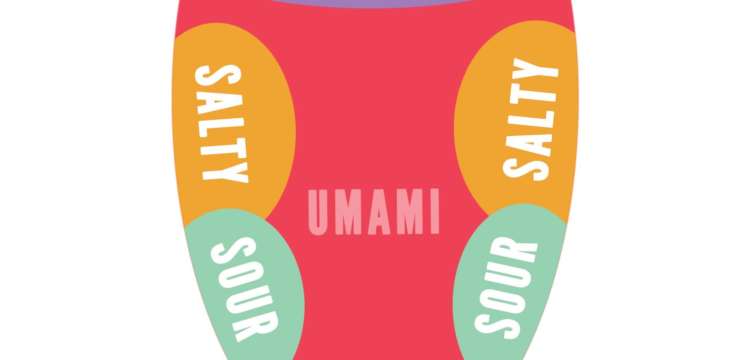

Taste perception impacts the food choices we make, our nutrition, and our overall health. Genetically speaking, the taste response we have represents a phenotype. The five taste qualities we have include sweet, bitter, salty, umami, and sour. Genetics shows that humans who are more susceptible to the liking of sugar and fat are influenced by a specific genotype. Similar to this, individuals who have the ability to detect bitterness and rotting food have another genotype. Understanding the genotype people possess is highly important and can be used to create tailored programs for individuals.


The MTHFR or methylenetetrahydrofolate reductase gene is well-known due to a genetic mutation that may cause high homocysteine levels and low folate levels in the…


For those who have lactose intolerance, the LCT gene transcription is reduced, leading to a low level of lactase. To turn off LCT it involves blocking an activator or turning up a repressor. In fact, it is theorized that lactase persistence is a human evolutionary adaptation to drinking milk from domesticated animals. The mutation in the gene started to appear around the same time as the domestication of cattle.


Nutrition is considered to be one of the most well-understood environmental factors associated with changes in the epigenome. Nutrients in the foods we eat are…
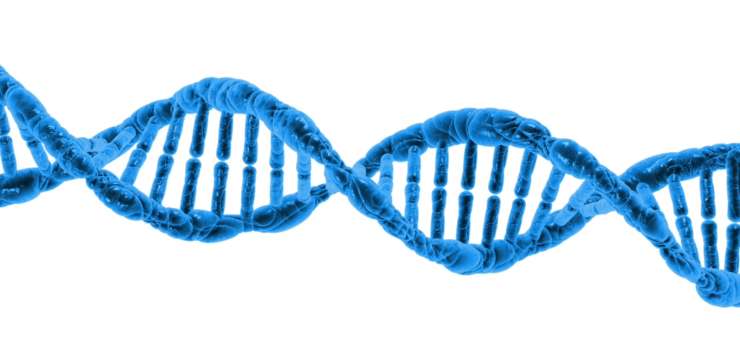

Our genetics are heavily influenced by the environment. This meaning that the way and times our genes express heavily depend on the micronutrients and toxins we surround our bodies with. Research has found that by eating a diet specific to your genes, you have the potential to alter when the genes express, reducing your overall risk of disease. We use diagnostic laboratory testing to assess your genetic makeup and create a personalized plan for you. By discovering what diseases you are more susceptible to, genetic testing allows us to create a path that will lead you to optimal health in the future.
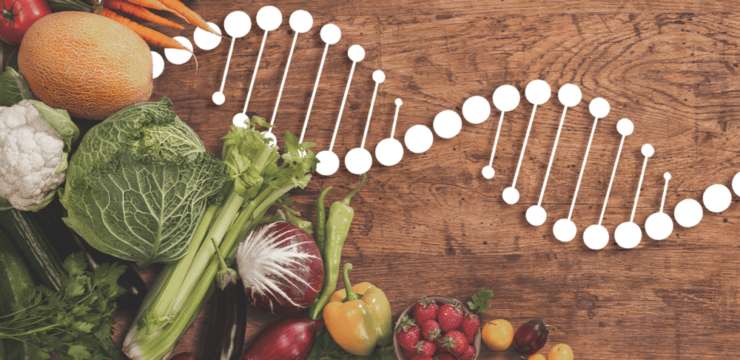

Researchers are trying to understand how nutrigenomics can affect a person’s health. Studies have shown that epigenetics increases the risk of several health issues. Other…


Healthcare professionals commonly give nutritional recommendations based on an entire population, only sometimes changing these according to age, sex, and pregnancy. Over the last 20…
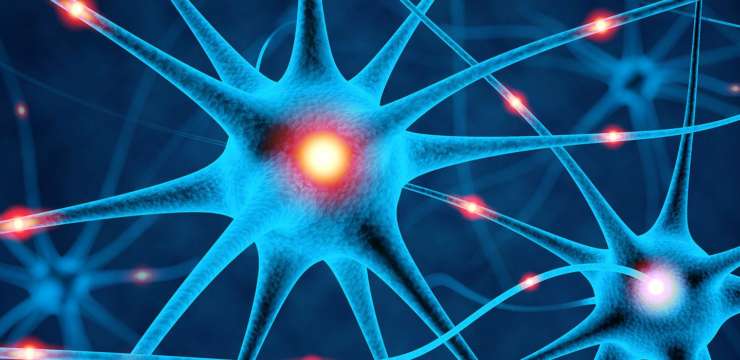

The mitochondria is the “powerhouse of the cellâ€. It obtained this nickname by being the creator of ATP, or the energy our body produces to carry out functions. However, the mitochondria is responsible for so much more than that. More recently, studies have been showing a link between mitochondrial health and degenerative age-related diseases such as type 2 diabetes, Alzheimer’s, and others. Mitochondrial dysfunction can be linked and grouped into three categories: neurodegenerative diseases, immune diseases, and hepatic diseases.


Every single cell in our body requires energy to complete its functions. The energy our body creates and uses is known as ATP. ATP is created in the mitochondria and relies on a mixture of proteins, fats, and carbohydrates to source its fuel. This energy is created in an essential process called The Krebs Cycle. Similar to other functions throughout the body, when inflammation occurs important process can become hindered and not performed to their greatest extent. We have the ability to maximize our Krebs Cycle by the food we eat, ultimately leading to a postive alteration in our genes and reduced inflammation throughout our body.
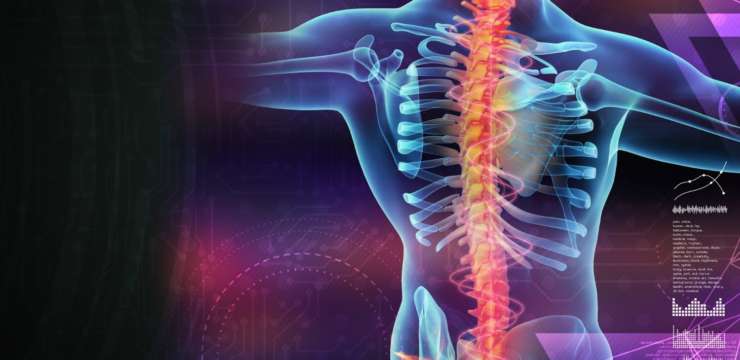

There is no doubt or lack of research stating that genes impact our health. We realize now that genes are heavily influenced by environmental and…
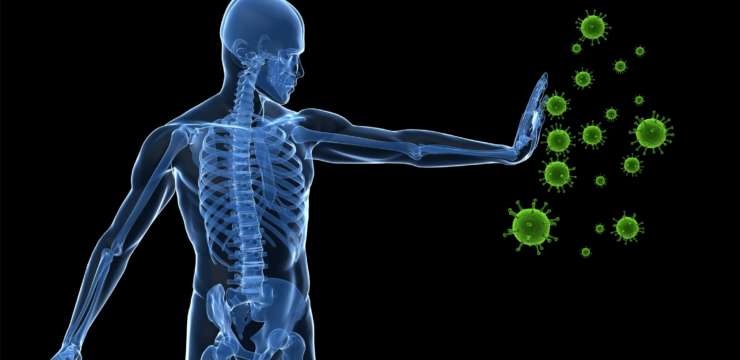

With everything that is going on in today’s world immunity is especially important. Without a properly functioning immune system, our bodies can become inflamed and…
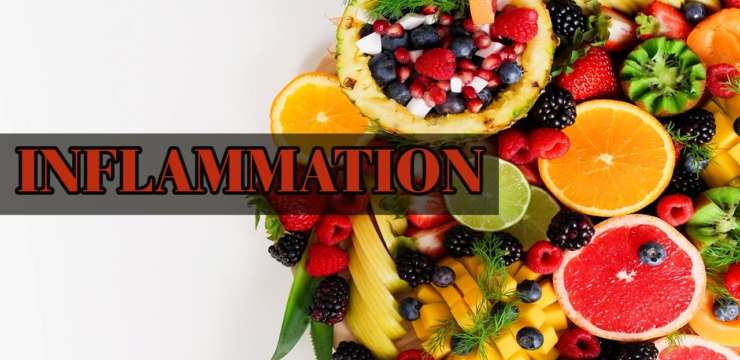

If there is one thing we are learning more and more about, it is that everything can be related back to inflammation and what we…


Today, there can be a lot of confusion when it comes to diet. The information received can be contradicting, confusing, and leave individuals feeling lost.…